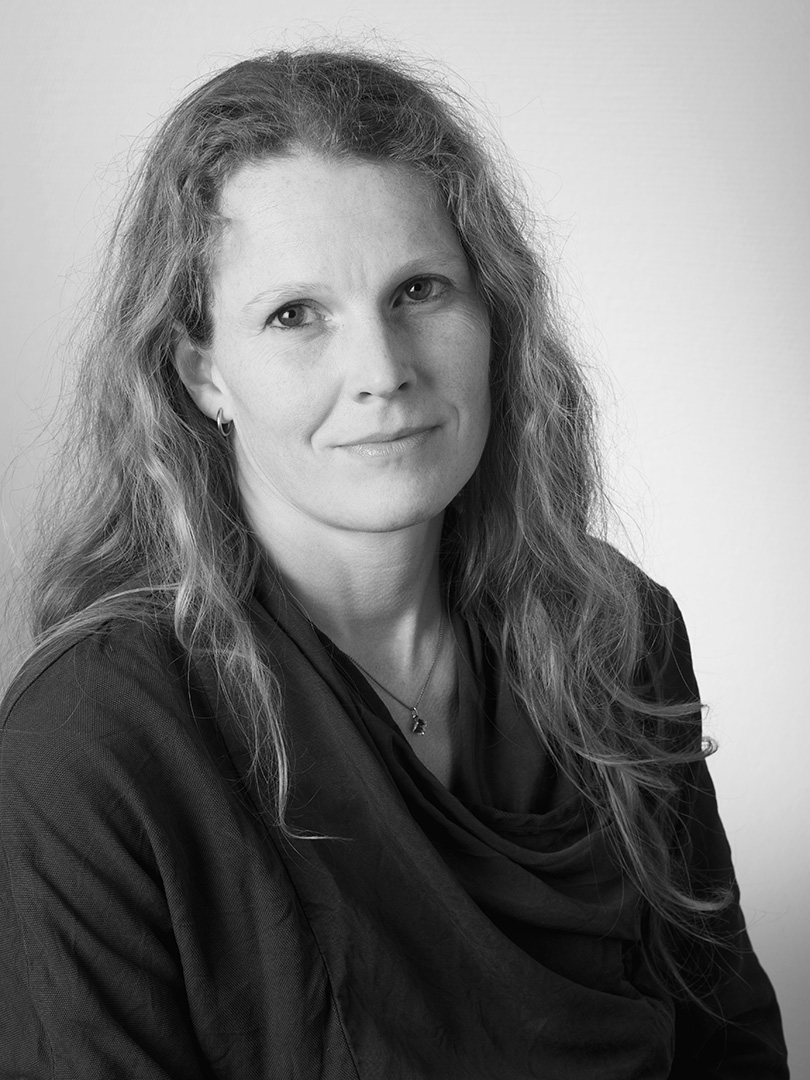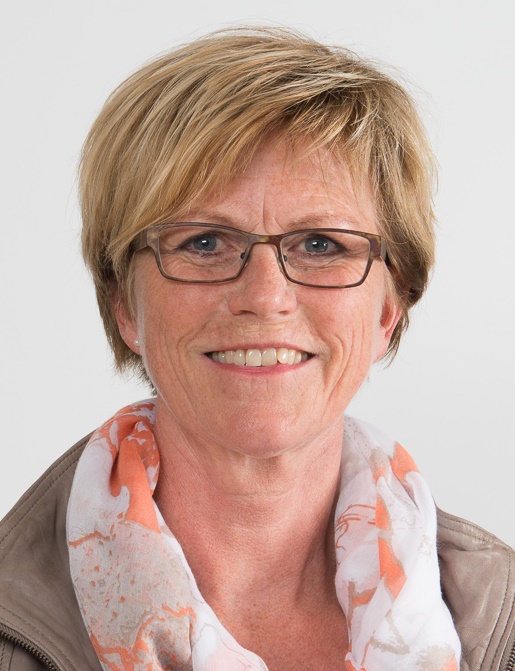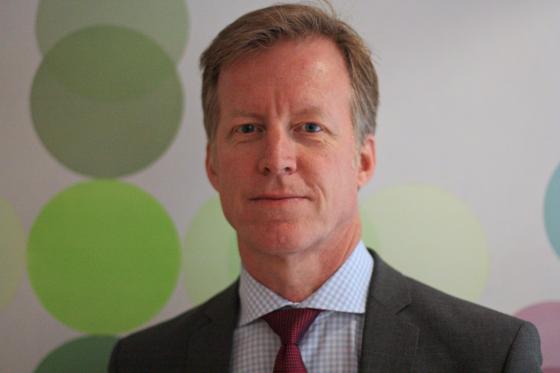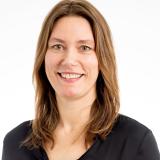KIF gives money for more equality
Leadership training on gender and diversity, a pilot study on the working environment, a job promotion project and a gender balance prize are just a few of the measures planned for the future.
For the first time ever, the KIF Committee will award funding to research institutions that want to improve the gender balance and ethnic diversity within their organizations. A total of NOK 400 000 will go to projects at five different institutions:
- Uni Research
- Inland Norway University of Applied Sciences
- Nord University
- UiT – The Arctic University of Norway, Harstad campus
- Norwegian Institute of Bioeconomy Research
Uni Research – inclusion or exclusion?
Uni Research will conduct a pilot study to identify specific challenges related to gender equality and diversity within the organization. Uni Research is a multidisciplinary research institute with six departments within social sciences, natural sciences, technology fields and health sciences, and the six departments have different challenges.

“The departments with social sciences and health sciences have good gender balance overall, but only a few international researchers. On the other hand, several of the natural science departments are male dominated, but they have many international researchers,” says Renate Storetvedt Lien, Human Resources Manager.
The study at Uni Research will be carried out across departments and seniority. Sevil Sümer, a senior researcher at the institute, will work on the project together with Renate Storetvedt Lien and Britt Skorpen, who serves as the personnel director. The study will be conducted with focus groups comprised of researchers of both genders with an international background.
“We’re going all out. Within a week we will have made a plan for the focus groups and have compiled an overview of researchers of both genders, newly employed researchers, and researchers who have been here a long time. Then we will assemble the groups,” explains Lien.
“What will be the outcome of this measure?”
“The goal is to identify challenges in the working environment related to gender and ethnicity at Uni Research.”
“There doesn’t need to be an equal number of women and men to create a good research institution, but both genders must find it attractive to work here,” she says.
Uni Research has not had gender equality or diversity measures at the institutional level before.
“We compiled a broad overview of the gender distribution a few years ago. At that time, we looked at the distribution of men and women in everything from project management and project size to recruitment, salaries and position level and who sat on the various committees. This formed the basis for a grant application to the BALANSE programme.”
“But then our application was denied, and we discovered afterwards that we not only have challenges related to gender, but also to other factors such as ethnicity,” says Lien.
She emphasizes that the findings from the pilot study must be reflected in the HSE plans and actions plans for the entire organization. In addition, the findings must have an impact on the content of internal courses, such as “Uni school”, as well as on project management courses and development programmes for research directors.
“However, the measures that we implement at the departmental level will vary – the various departments need different measures. By gathering information about the researchers’ experiences, it will be easier for us to launch targeted measures.”
Norwegian Institute of Bioeconomy Research – towards a diverse workplace
The Norwegian Institute of Bioeconomy Research (NIBIO) wants to enhance competency and awareness about what integration of diversity perspectives really means and which measures are relevant for increasing diversity at NIBIO, based on both ethnicity and gender. They want the gender and diversity efforts to be incorporated throughout the organization and to increase expertise in the area.
The three main groups being targeted among the institute’s almost 700 employees are managers, employee representatives and members of the working group for a new HR strategy.

“With regard to the desire to integrate diversity into development efforts and career development, NIBIO needs both an overview of the situation and greater expertise. This is why we need to start by getting an overview of the number of international researchers,” says Grete Lindseth, Head of the HR Department at NIBIO.
NIBIO has a good overview of the gender distribution within the organization. Like many other research institutions, most of the top management and senior-level positions are held by men, while there is fairly good gender balance in lower-level research positions.
Lindseth says that work on the project has already begun. The first step is to gain an overview of international researchers and assemble a group of managers, employee representatives and members of the working group for a new HR strategy. The topic is both ethnicity and gender.
“We want to prioritize increasing the level of expertise among these three groups, including follow-up by a supervisor or mentor,” says Lindseth.
“The leadership sets the guiding principles. To succeed with prioritizing diversity efforts, it’s critical that managers have sound knowledge of what we need and how we will do it.”
This is the first time that NIBIO is launching measures to address ethnic diversity.
“We follow the gender distribution more regularly with annual gender equality reports. We have a stated goal to improve the gender balance, in part through leadership recruitment and measures for employees to qualify for higher research positions, but of course changes here take some time,” says Lindseth.
She says that they will contribute their own funding to the measure, which will also continue into next year if all goes well.
“We are increasingly bringing in expertise from outside our organization. We are recruiting international researchers, but we don’t know if NIBIO is benefitting enough from the knowledge they bring with them. A good working environment is also important. Do we have cultural understanding on both sides? Are we creating a good situation for our researchers? Quite simply, I wonder if we are taking advantage of the enormous potential found in our diversity,” says Lindseth.
“The institute’s goal is to become a leading research institute in the field of bioeconomy. By recruiting expertise more often from international environments, we will gain a competitive advantage. The measures we are now taking are a step in the direction of acquiring better expertise and getting a better idea of the potential found in diversity and which measures we should prioritize in the future in order to take advantage of our diversity,” says Lindseth.
More measures
The newly merged Inland Norway University of Applied Sciences will receive funding for its “job promotion project”, which uses career-promoting measures that help women in associate professor positions to qualify more quickly for senior-level positions than they otherwise would have.
The job promotion project involves a kick-off meeting with all the participants, trial applications, a course on writing applications, a mentoring scheme, funding for time off from teaching duties, and writing seminars.
Nord University is planning a pilot project for leadership training on gender equality and diversity targeted towards senior-level academic and administrative personnel at the university. The long-term goal is to include the training as a mandatory part of the overall leadership training at Nord University.
The Harstad campus of UiT – The Arctic University of Norway will receive funding for two seminars on bias, and for two gender balance prizes. UiT will award separate prizes to the woman and the man who have done the most outstanding work for gender balance in 2017.
Translated by Connie Stultz.
In November 2016, the Committee for Gender Balance and Diversity in Research (the KIF Committee) issued a call for proposals for funding for measures that promote gender balance and ethnic diversity.
Fourteen proposals were submitted. The grants have now been approved, and the recipients are:
- Uni Research: Pilot study on gender equality and diversity, NOK 100 000
- Inland Norway University of Applied Sciences: Job promotion project, NOK 100 000
- Nord University: Leadership training on gender and diversity, NOK 80 000
- UiT – The Arctic University of Norway, Harstad campus: Two seminars and two gender balance prizes, NOK 70 000.
- Norwegian Institute of Bioeconomy Research: Supervision, a leadership meeting, and compilation of statistics: NOK 50 000.
Total: NOK 400 000.
The institutions must submit a form showing they have implemented their measures by 30 November 2017.

